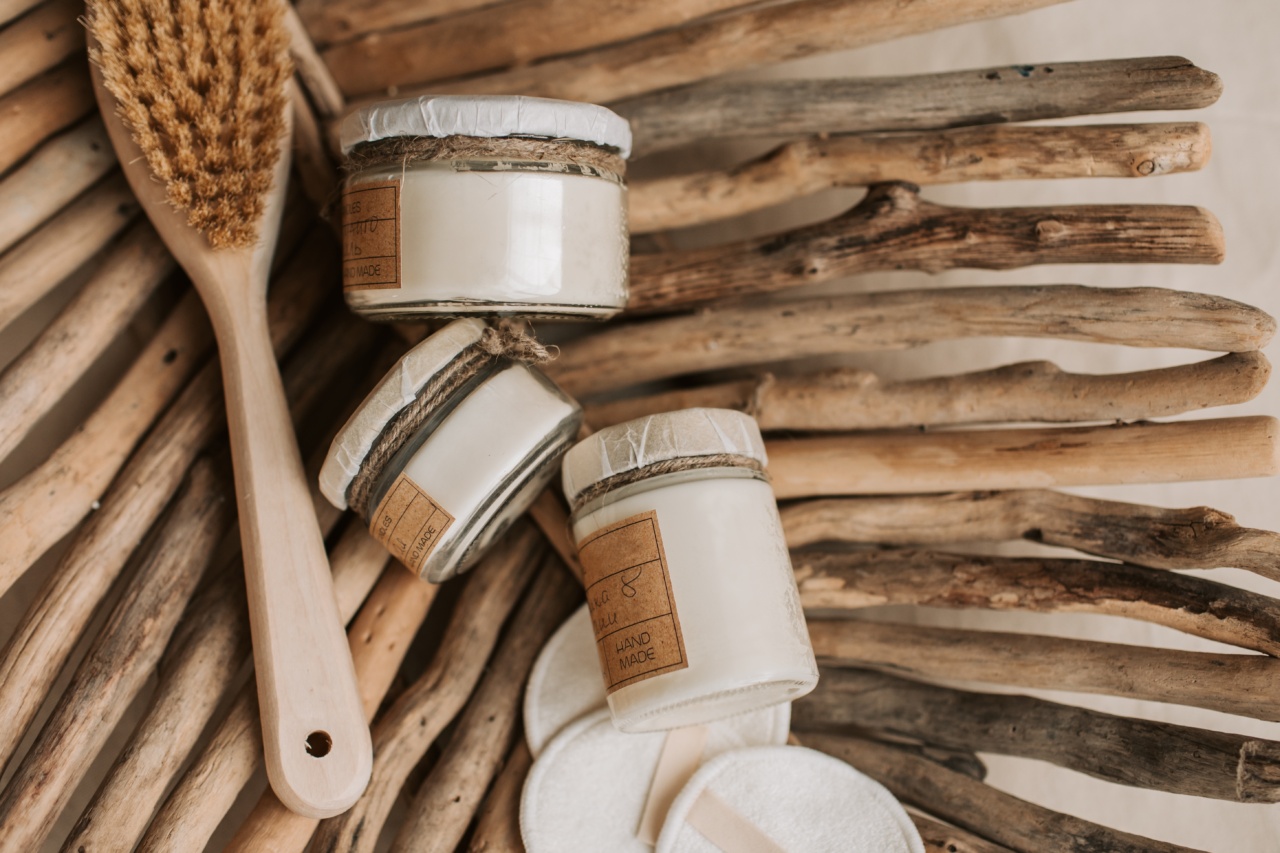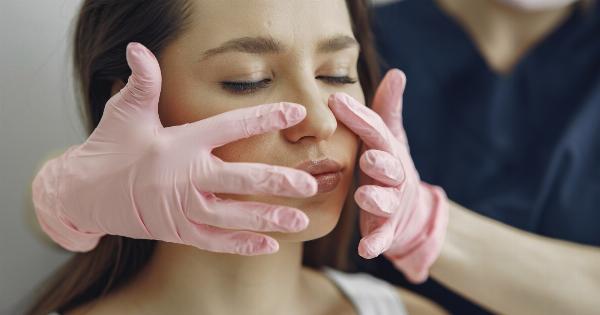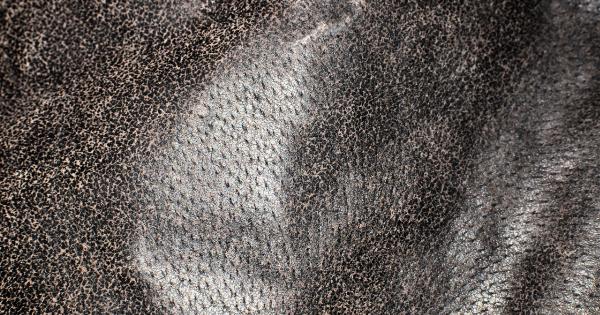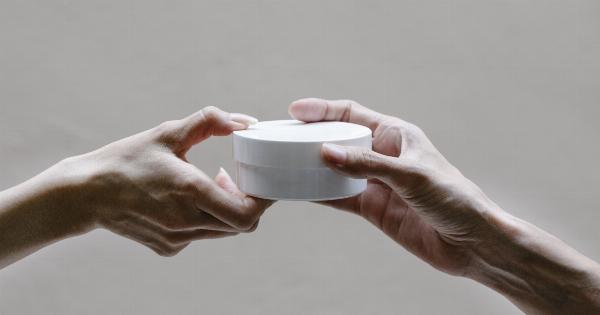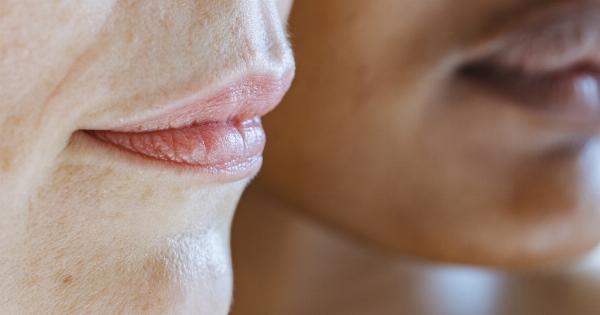During pregnancy, a woman goes through numerous changes, both internally and externally. As the body adapts to nurture a growing life, hormonal fluctuations can lead to various skin concerns.
Many expectant mothers become concerned about the safety of their skincare products and wonder if they need to make any adjustments to their routine. In this article, we will explore prenatal skincare tips and address whether your current products are safe for use.
Understanding the Importance of Prenatal Skincare
Pregnancy brings about a wide range of hormonal changes that can affect the skin. Conditions like acne, melasma, stretch marks, and dryness are common concerns among expectant mothers.
Therefore, it is crucial to pay extra attention to your skincare routine during this period.
However, not all skincare products are safe to use during pregnancy, as certain ingredients can potentially harm both the mother and the developing fetus.
As a general rule of thumb, it is advisable to opt for natural and milder formulations that minimize the risk of any adverse effects.
Safe Skincare Practices During Pregnancy
1. Consult with Your Healthcare Provider:.
Before making any significant changes to your skincare routine, it is advisable to consult with your healthcare provider or obstetrician.
They can provide personalized advice based on your medical history and offer recommendations specific to your needs.
2. Check Product Labels:.
When selecting skincare products, carefully examine the ingredient list. Avoid using products that contain potentially harmful ingredients, such as retinoids, salicylic acid, and hydroquinone. Opt for gentler alternatives instead.
3. Use SPF Daily:.
During pregnancy, hormonal changes can make the skin more susceptible to pigmentation issues, such as melasma or the “mask of pregnancy.” To prevent these concerns, always wear a broad-spectrum sunscreen with an SPF of 30 or higher.
4. Hydrate Your Skin:.
Due to the increased amount of blood circulating in your body during pregnancy, your skin may feel drier than usual. Keep your skin hydrated by using a gentle, pregnancy-safe moisturizer after cleansing.
5. Be Cautious with Anti-Aging Products:.
While it’s understandable to want to address signs of aging, some anti-aging ingredients may not be safe during pregnancy. Ingredients like retinols and chemical exfoliants are best avoided unless approved by your healthcare provider.
6. Address Pregnancy Acne Wisely:.
Acne during pregnancy is a common occurrence due to hormonal fluctuations. Instead of relying on acne-fighting ingredients like benzoyl peroxide or salicylic acid, opt for gentle cleansers containing ingredients like tea tree oil or sulfur.
7. Consider Natural Remedies:.
There are many natural remedies that can help address common pregnancy skincare concerns. For instance, aloe vera gel can provide soothing relief for itchiness, and coconut oil can help moisturize dry skin.
However, even natural remedies should be used cautiously and with guidance from your healthcare provider.
8. Pay Attention to Body Skincare:.
While most skincare discussions revolve around the face, it’s important not to neglect the rest of your body. Use fragrance-free and hydrating body washes and lotions to help prevent dryness and stretch marks.
Products to Avoid During Pregnancy
Although many skincare brands market their products as safe during pregnancy, it’s essential to double-check the ingredients list. There are a few ingredients that pregnant women should avoid:.
1. Retinoids:.
Retinoids, commonly found in prescription skincare products and even some over-the-counter creams, are derivatives of vitamin A. While they have proven anti-aging benefits, high doses of retinoids can be harmful to the developing fetus.
It’s best to steer clear of products containing this ingredient.
2. Salicylic Acid:.
Salicylic acid is a beta-hydroxy acid commonly used in acne treatments.
While small amounts found in face washes and toners are generally considered safe, high concentrations (such as peels or intense spot treatments) should be avoided during pregnancy.
3. Hydroquinone:.
Hydroquinone is a skin-lightening ingredient often used to treat hyperpigmentation. However, research on its safety during pregnancy is limited, making it best to err on the side of caution and avoid products containing hydroquinone.
4. Phthalates:.
Phthalates are commonly found in fragrances, lotions, and nail polishes. Some studies suggest that exposure to phthalates during pregnancy may contribute to developmental issues.
Choosing fragrance-free products and avoiding nail polishes that contain phthalates can help reduce exposure.
5. Chemical Sunscreens:.
Certain chemical sunscreen ingredients, like oxybenzone and avobenzone, can penetrate the skin and potentially interfere with the endocrine system.
Opt for physical sunscreens that contain zinc oxide or titanium dioxide, as they sit on top of the skin and are less likely to be absorbed into the bloodstream.
Conclusion
While taking care of your skin during pregnancy is essential, it’s equally important to choose safe and pregnancy-friendly skincare products.
Consult with your healthcare provider, read product labels diligently, and opt for natural or milder alternatives. Remember, the safety of your baby comes first, and nurturing your skin can be achieved through a mindful skincare routine.
